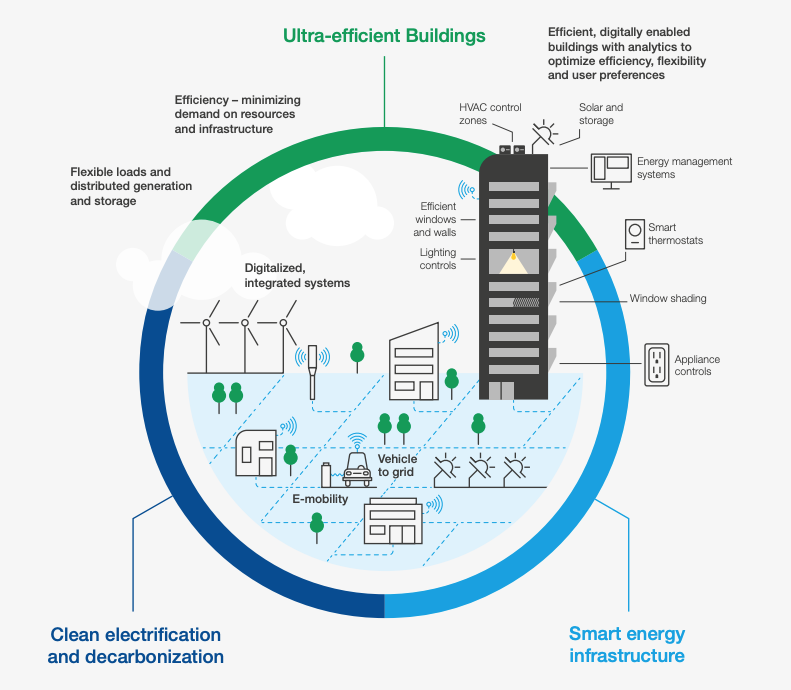COVID-19 and climate change redraw the map of the world’s safest cities

COVID-19 is, say the report’s authors, the “great accelerant”, which has changed the world in ways no one could have predicted. Image: REUTERS/Alex Filipe
Listen to the article
- Copenhagen topples Tokyo from top spot of EIU’s annual World’s Safest City Index.
- Survey includes environmental safety for the first time to test city sustainability pledges.
- Wealth and open government linked to increased urban security.
Copenhagen has been identified as the safest city on Earth, ousting Tokyo from the top spot it had occupied in all previous surveys by the Economist Intelligence Unit.
The Danish capital scored highest in the fourth edition of the World’s Safest Cities Index, the first to be compiled since the pandemic threw the world into economic and political shock. It’s also the first to include environmental safety as one of the survey’s pillar measurements – a key reason behind Copenhagen’s rise above the Japanese capital.
The challenges that mass movement of people will present has also been identified by the World Economic Forum. Its Future of Cities initiative recognizes that urbanization is presenting new sets of challenges in the digital age. It seeks to harness technology and environmental protection policies to promote urban centres that are safe, stimulating and productive.
City sustainability
The pressing need for better sustainability planning to meet the goals of the Paris climate agreement has led cities to introduce green policies. But the Index compilers said urban leaders needed to be held to account on putting those measures in place.
It’s hoped the new Index category will illuminate whether leaders are putting their words into deeds.
Gino Van Begin, Secretary-General of Local Governments for Sustainability, says: “Cities progressively over the years have come to understand that the more environmental security they have, the more health security and other kinds of security they have.”
What is the Forum doing to help cities to reach a net-zero carbon future?
Top scorer
Copenhagen was the highest scorer in the personal security category, which rates cities according to citizens’ risk of crime violence, terrorist threats, natural disasters and economic vulnerabilities.
It was sixth on the environmental list, which examines how cities have built sustainability and carbon reduction measures into their planning policies. Wellington topped the list while Tokyo was in 12th position, explaining its descent from the top spot it had occupied since the Index was launched in 2015 (COVID prevented the publication of an Index last year).
Copenhagen took the number-three spot, behind Sydney and Singapore, for digital security, a measure of citizens’ ability to freely use the internet without fear of their online privacy being violated.
On health safety, which gauges the quality and availability of health services, the Danish capital was relatively lowly ranked at 26th, way below Tokyo, Singapore and Hong Kong at the top.
And it trailed Sydney and Singapore in a gauge of the safety of its urban infrastructure, which was measured according to the quality of the built environment and its resilience to natural disasters.
Functions of cities are interrelated and need to be planned to work together to keep citizens safe, the report concluded
COVID has “led us to think about the kind of cities we want to live in, a reconsideration that, in turn, has led us to reassess longer term dangers in the way of achieving safe, sustainable, liveable cities as well as opportunities for getting there”.
Don't miss any update on this topic
Create a free account and access your personalized content collection with our latest publications and analyses.
License and Republishing
World Economic Forum articles may be republished in accordance with the Creative Commons Attribution-NonCommercial-NoDerivatives 4.0 International Public License, and in accordance with our Terms of Use.
The views expressed in this article are those of the author alone and not the World Economic Forum.
Stay up to date:
COVID-19
Related topics:
Forum Stories newsletter
Bringing you weekly curated insights and analysis on the global issues that matter.
More on Health and Healthcare SystemsSee all
Mansoor Al Mansoori and Noura Al Ghaithi
November 14, 2025









